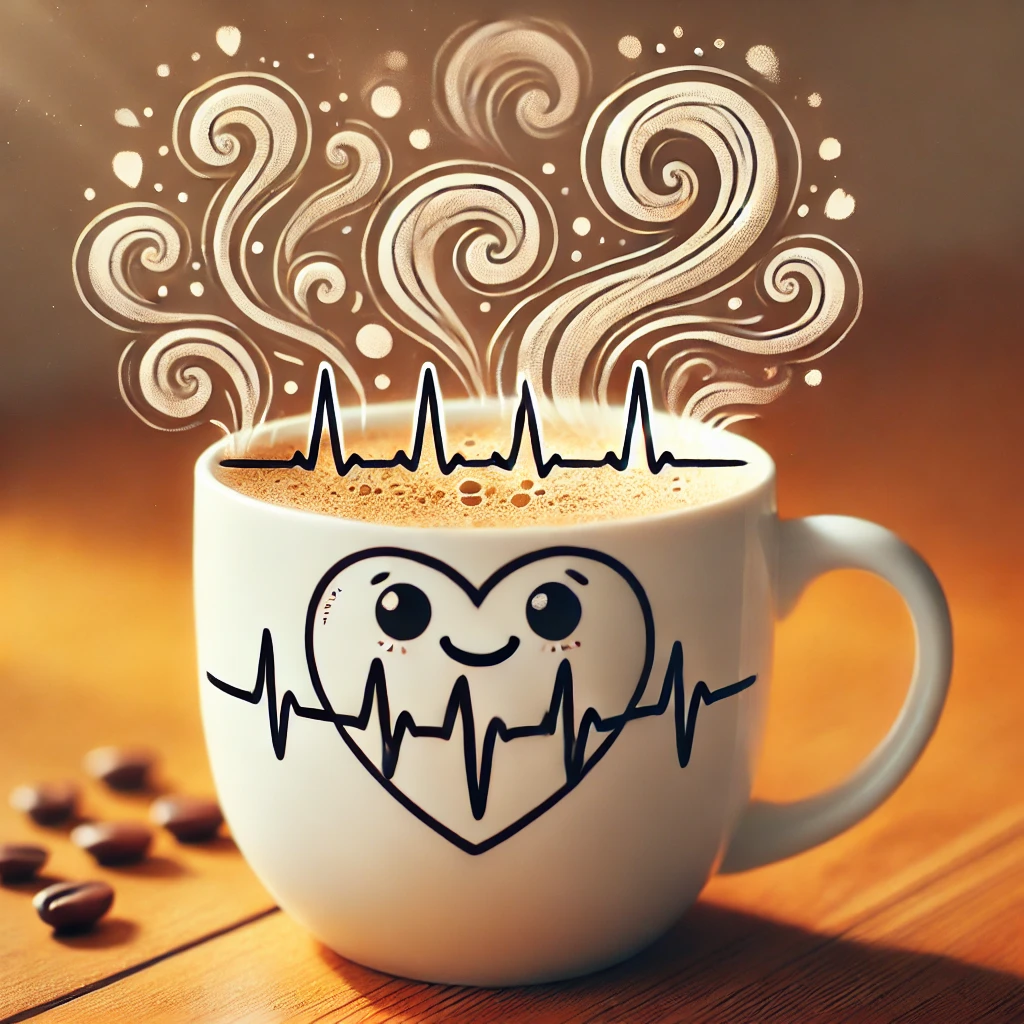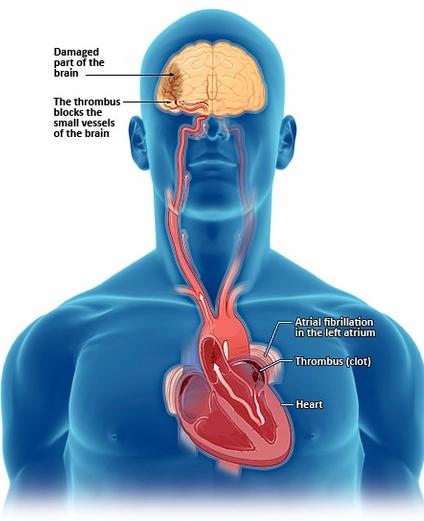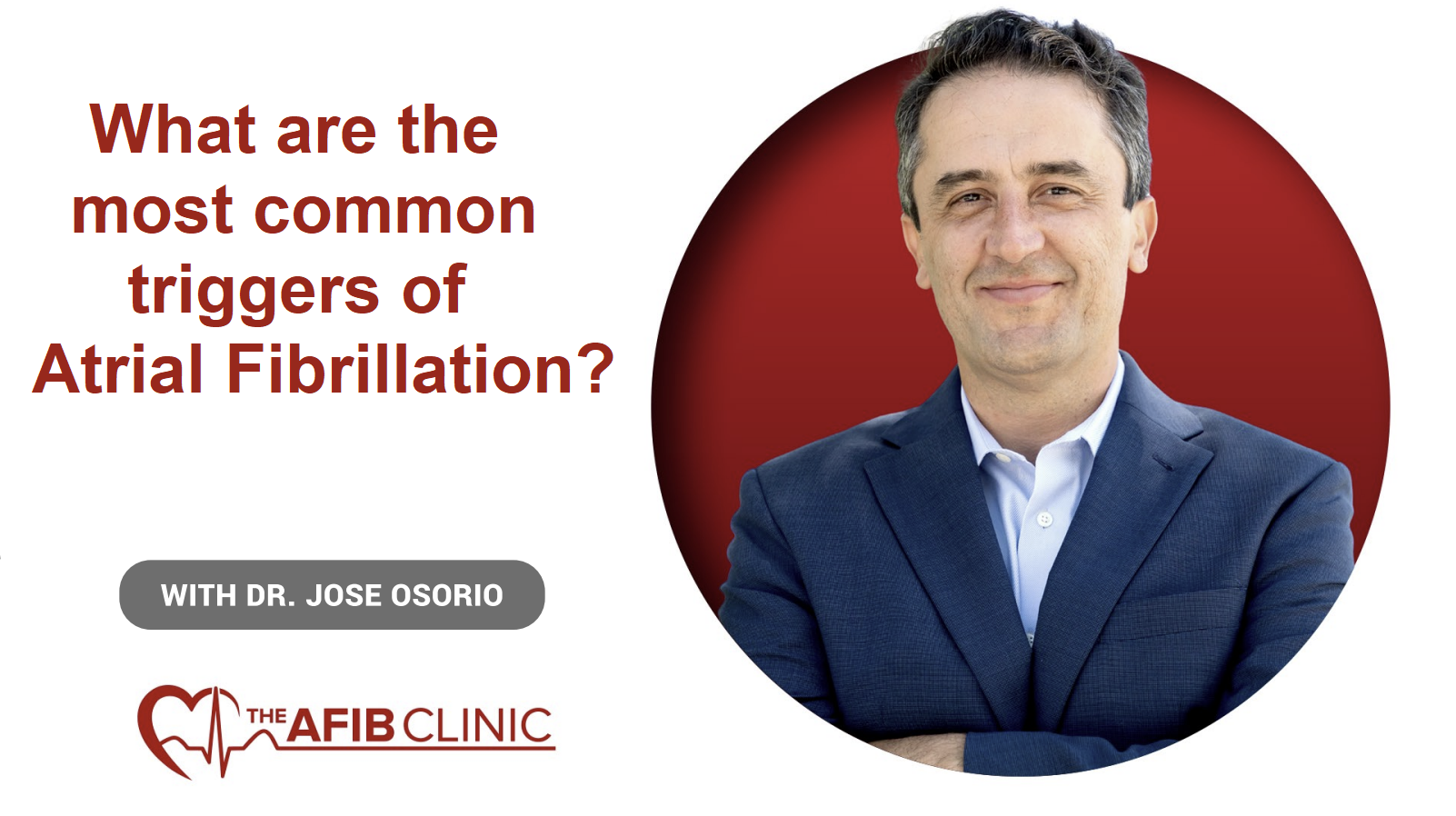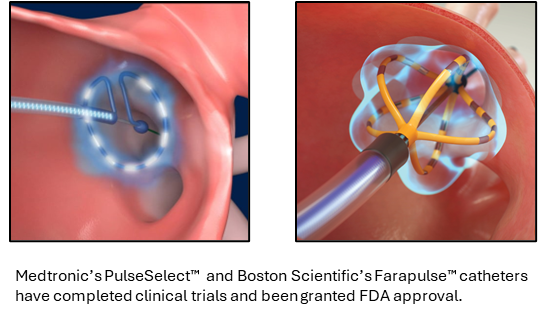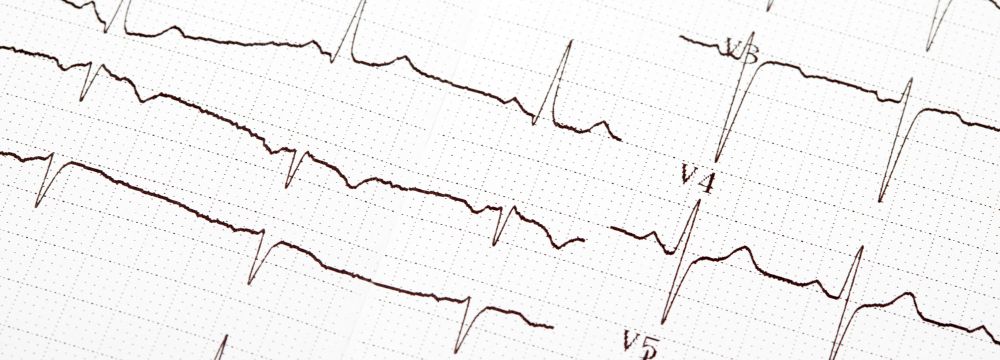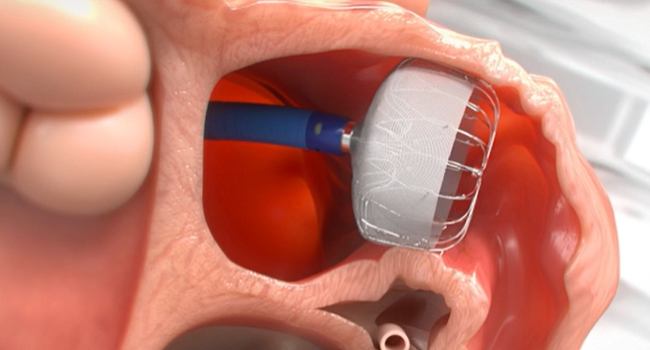Atrial Fibrillation
Atrial Fibrillation and Caffeine: What Does the Research Say?
For many people, coffee and tea are daily rituals that bring both comfort and energy. But if you have atrial fibrillation (AFib), you may wonder if that cup of coffee could be doing more harm than good. Caffeine, the stimulant found in coffee, tea, and other beverages, has long been debated for its role in heart health. In particular, whether caffeine can trigger or worsen AFib episodes has been a question for researchers and patients alike. Here, we’ll review some of the most important studies on caffeine and AFib to provide a balanced perspective on what the science says, along with practical recommendations for those living with this condition.
Understanding Atrial Fibrillation and Its Triggers
Atrial fibrillation is a common heart rhythm disorder characterized by rapid, irregular beating of the heart’s upper chambers, or atria. This irregular rhythm can lead to symptoms like palpitations, shortness of breath, fatigue, and even an increased risk of stroke. Lifestyle factors, such as alcohol intake, sleep patterns, and stress, are known to trigger or worsen AFib symptoms for some people, and caffeine has often been viewed as a potential trigger as well.
Caffeine is a natural stimulant that can increase heart rate and stimulate the central nervous system. Because of these effects, it’s reasonable to suspect that caffeine could influence AFib episodes. However, the relationship between caffeine and AFib is not as clear-cut as one might think.
What Do the Studies Say? A Look at the Research on Caffeine and AFib
Several major studies have investigated the impact of caffeine on AFib, offering a more nuanced understanding of this relationship. Here are some of the key findings:
1. Framingham Heart Study
The Framingham Heart Study is a long-term research project that has followed participants for decades to investigate various health issues. In 2011, researchers analyzed data from the study to determine whether there was a link between caffeine intake and AFib. They found no significant association between caffeine consumption and the risk of developing AFib. In other words, drinking coffee or other caffeinated beverages did not appear to increase the risk of AFib in this population.
Reference: Dietary factors and incident atrial fibrillation: the Framingham Heart Study
2. The Women’s Health Study
The Women’s Health Study, which followed over 30,000 women for more than a decade, also found no evidence that caffeine intake increased the risk of developing AFib. This study concluded that moderate caffeine consumption was safe and did not appear to trigger AFib episodes in women without a prior history of AFib.
Reference: Caffeine consumption and incident atrial fibrillation in women
3. The Physician’s Health Study
In a 2019 study published in the Journal of the American Heart Association, researchers examined data from the Cardiovascular Health Study, which included more than 18,000 older adults. They found that higher caffeine intake was not associated with an increased risk of AFib. Interestingly, the study suggested that regular coffee drinkers may have a slightly lower risk of developing AFib, although the protective effect was small and requires further research.
Reference: Coffee Consumption and Risk of Atrial Fibrillation in the Physicians’ Health Study
4. Population-Based Studies in Europe and Australia
Population-based studies in various European countries and Australia have largely confirmed these findings, showing no significant association between caffeine consumption and the incidence of AFib. A 2020 review of multiple studies also found that moderate caffeine intake did not appear to increase the risk of AFib, suggesting that caffeine is unlikely to be a major trigger for most people with AFib.
Reference: Caffeine and risk of atrial fibrillation or flutter: the Danish Diet, Cancer, and Health Study
Why Caffeine Might Not Be a Major Risk Factor for AFib
The lack of a significant link between caffeine and AFib risk in these studies could be explained by several factors:
- Adaptation: Regular coffee drinkers may become more tolerant to caffeine, reducing its impact on heart rate and arrhythmias over time.
- Anti-Inflammatory Effects: Caffeine has been shown to have mild anti-inflammatory properties, which could benefit cardiovascular health and may even reduce the risk of certain arrhythmias.
- Antioxidants in Coffee and Tea: Coffee and tea are rich in antioxidants, which can improve heart health. These positive effects may counterbalance any potential arrhythmic effects of caffeine.
It’s important to note, however, that individual responses to caffeine can vary. Some people are more sensitive to caffeine’s effects on heart rate and blood pressure, and even moderate amounts could potentially trigger AFib symptoms in those individuals.
Listening to Your Body: Personalized Recommendations for Caffeine and AFib
While research generally supports that moderate caffeine consumption does not increase the risk of AFib for most people, it’s still essential to consider individual differences. If you have AFib, here are some practical tips to keep in mind regarding caffeine consumption:
- Start Slow and Observe: If you’re newly diagnosed with AFib or are reintroducing caffeine, start with a small amount, such as a half cup of coffee or tea, and monitor how your body reacts. Pay attention to any palpitations, dizziness, or other symptoms.
- Limit High-Caffeine Products: While moderate coffee or tea consumption is likely safe, avoid energy drinks or other products that contain high caffeine levels and additional stimulants, as these can have a more pronounced effect on the heart.
- Watch for Other Potential Triggers: Caffeine may interact with other factors that contribute to AFib, such as stress, dehydration, and sleep deprivation. Try to consume caffeine only when you’re well-rested and hydrated, and avoid it if you’re feeling overly stressed or anxious.
- Consider Decaf Options: If you love the taste of coffee or tea but worry about its impact on AFib, decaffeinated versions offer a good alternative with minimal caffeine content. Some people with AFib find that they can enjoy decaf coffee without triggering symptoms.
Conclusion: Can You Drink Coffee with AFib?
In summary, the current research suggests that moderate caffeine consumption is unlikely to trigger or worsen AFib in most people. Large studies, including the Framingham Heart Study and the Women’s Health Study, have not found a significant association between caffeine intake and AFib risk. Coffee and tea, in particular, appear to be safe for individuals with AFib, and their antioxidant content may even offer some cardiovascular benefits.
However, personal responses to caffeine can vary widely. If you have AFib and notice that caffeine seems to trigger your symptoms, it may be best to limit or avoid it. Similarly, energy drinks and other high-caffeine products should generally be avoided, as they have been linked to arrhythmias in some cases.
A Balanced Recommendation: If you enjoy coffee and haven’t noticed any adverse effects, moderate consumption is likely safe and may even be beneficial for heart health. But if you find that caffeine triggers your AFib symptoms, consider switching to decaf or limiting your intake. Ultimately, listening to your body is the best guide—find what works for you and consult with your healthcare provider if you’re uncertain.
With a thoughtful approach, many people with AFib can continue to enjoy their coffee and tea without fear, knowing that moderate caffeine intake is generally safe.
Dr Jose Osorio
Miami, FL
Read more about AFib:
Can Weight Loss Drugs Like Wegovy, Mounjaro and Zepbound Help Atrial Fibrillation (AFib)?
What are the success rates of Afib Ablation? How do physicians know the chances of success?

